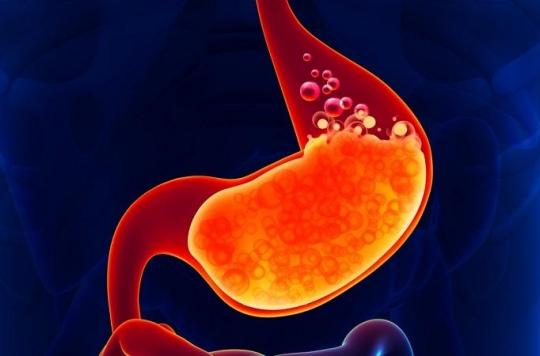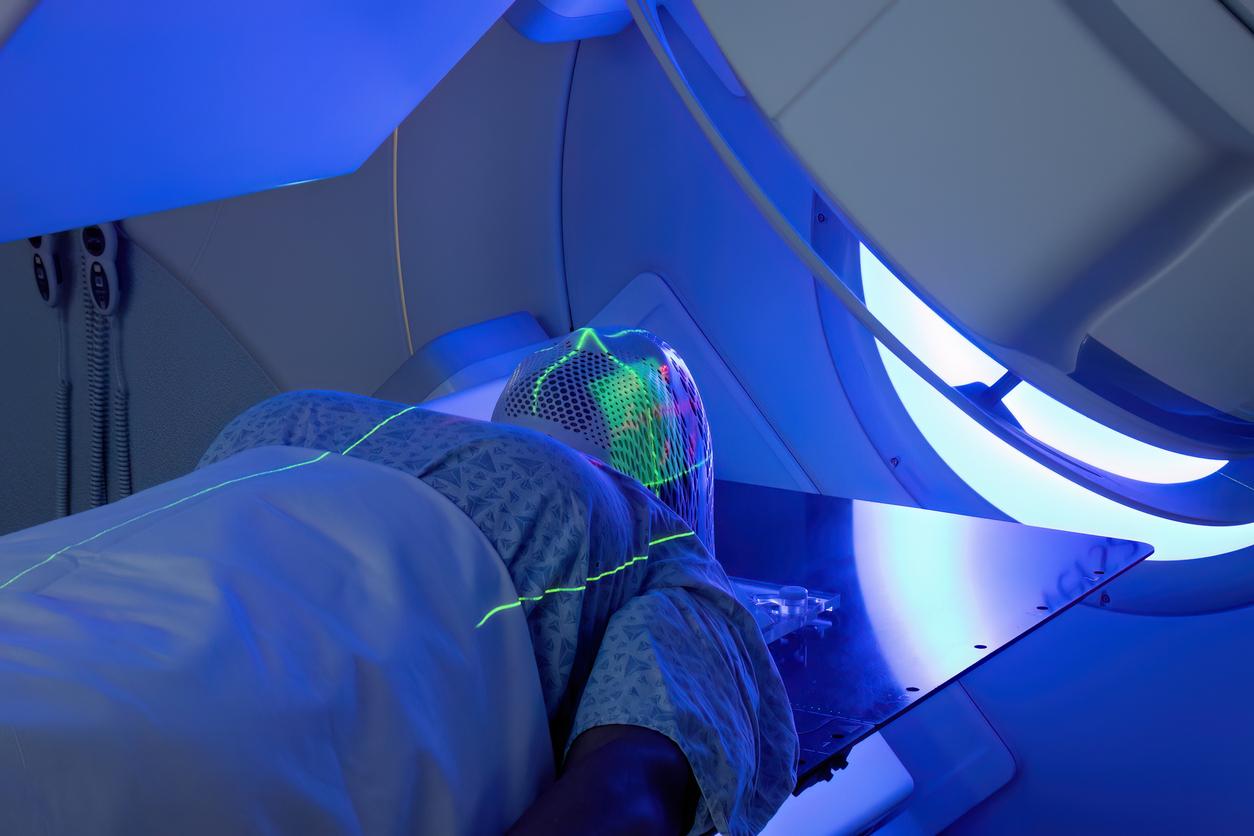Researchers highlight the risks associated with the use of anti-acid treatment with proton pump inhibitors (PPIs). Long-term use of this type of acid reflux treatment could increase the risk of developing stomach cancer.

Treating acid reflux can increase your chances of developing stomach cancer. Researchers have found a link between the use of proton pump inhibitors (PPIs), a drug that treats acid reflux, and the likelihood of developing stomach cancer. The result of the study published in the journal Gut shows that the dose and duration of treatment have an impact on the risk of getting cancer.
Treatment with PPIs (together with antibiotics) eliminates the bacteria Helicobacter Pylori, which is involved in the development of stomach cancer. Eliminating it normally reduces the risk. But a significant number of people treated still developed cancer, despite the disappearance of the bacteria.
The researchers compared two types of acid reflux treatment to determine the bacteria’s role: PPI treatment and H2 blocker treatment. More than 63,000 adults participated in the study between 2003 and 2012. Taking PPI treatment more than doubled the risk of developing cancer, compared to H2 blockers. The study also showed that daily use of this type of drug quadrupled the risk compared to weekly use.
Usually, PPIs are considered safe treatments, but several recent studies show that there are many side effects such as heart attack, pneumonia or broken bones. The researchers who conducted this research therefore call for vigilance when such treatments are prescribed, in particular when they are prescribed over time.
.

















